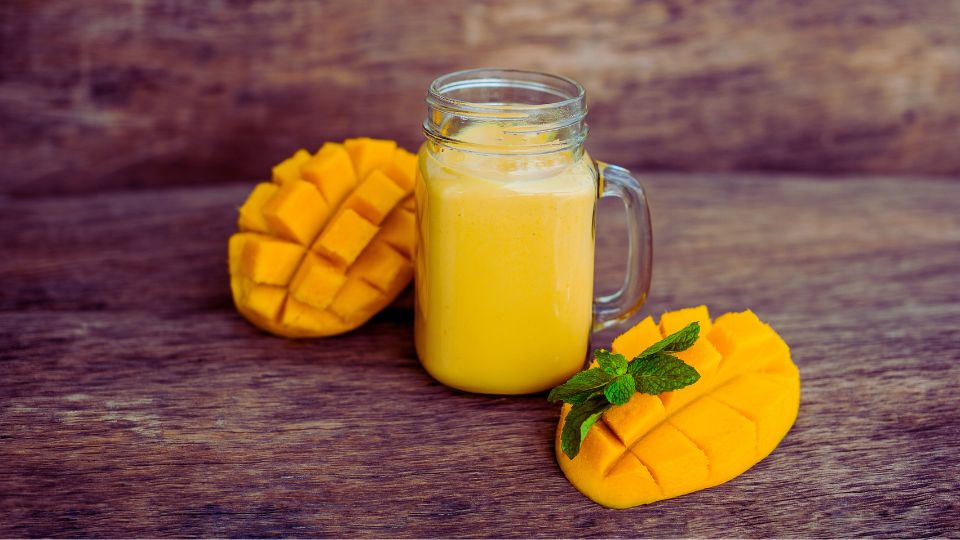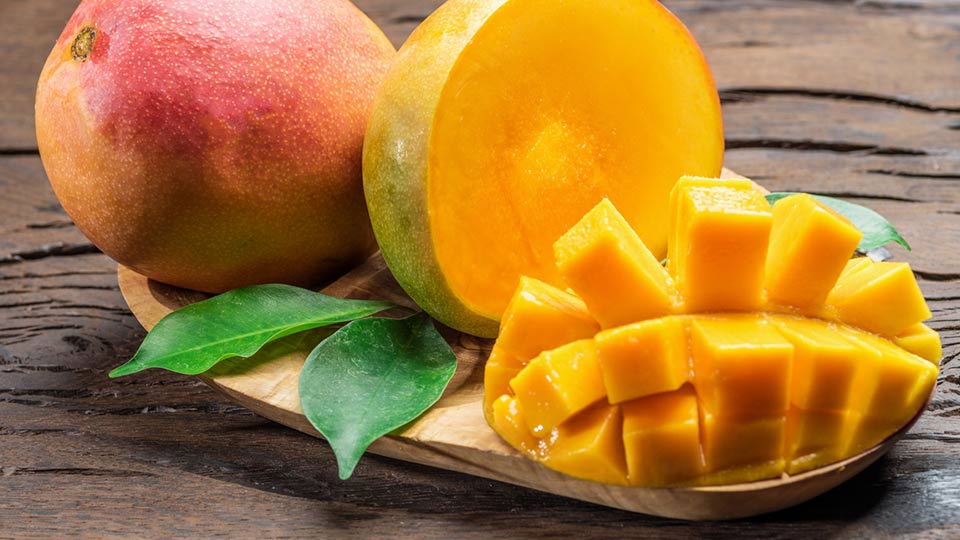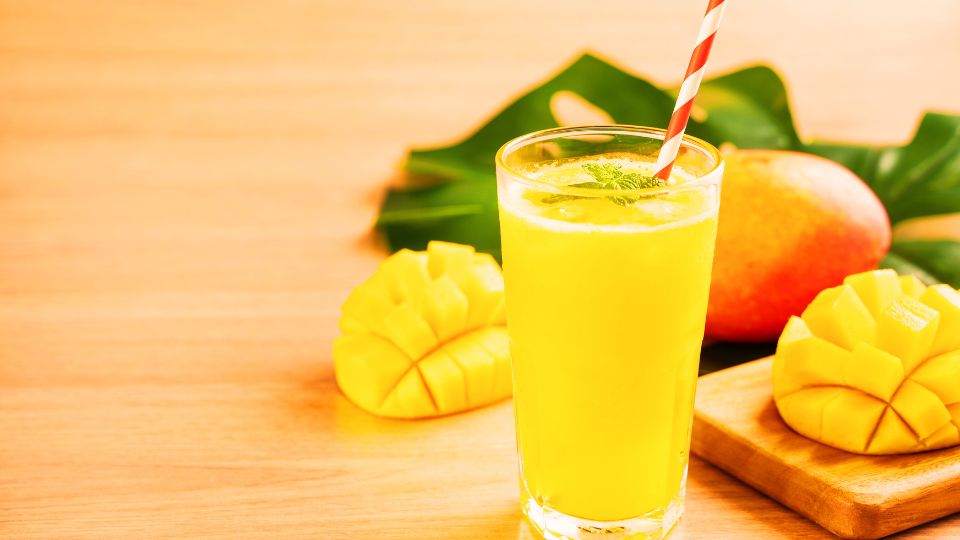Mango juice is a delicious and refreshing beverage that has gained popularity due to its numerous health benefits.
One question that often arises is whether mango juice is good for kidney health. Mango juice can provide several essential nutrients that may support kidney function.
In this article, we will explore the potential benefits of mango juice for kidney health, as well as precautions and considerations for those with kidney conditions.
Is mango juice good for kidneys
The vitamins and minerals in mango juice can help to support kidney function and prevent kidney disease. Potassium, in particular, maintaining a healthy blood pressure and preventing the development of kidney disease. A deficiency in potassium can lead to high blood pressure, which is a major risk factor for kidney disease.
Vitamin C is another nutrient that is important for kidney health. It helps to boost the immune system and protect the kidneys from damage caused by free radicals. Studies have shown that vitamin C supplementation can help to prevent the progression of kidney disease in people with chronic kidney disease.
In addition to the vitamins and minerals in mango juice, it also contains antioxidants that can help to protect the kidneys from damage. Antioxidants help to neutralize free radicals, which can cause cell damage and contribute to the development of kidney disease.
The Benefits of Mango Juice for Kidneys
Mango juice is a delicious and nutritious beverage that has been associated with a range of health benefits. In particular, there is growing evidence to suggest that mango juice may be good for kidney health.
Here are some of the key ways in which mango juice may benefit the kidneys:
Reduction in inflammation
Mango juice contains a range of bioactive compounds, such as polyphenols and carotenoids, which have been shown to possess anti-inflammatory properties. Chronic inflammation is a key factor in the development of various kidney diseases, and reducing inflammation levels in the body may help to protect kidney function over the long-term.
Improved kidney function
Several studies have suggested that consuming mango juice regularly may help to improve kidney function. For example, a 2016 study published in the journal Food and Function found that rats fed a diet enriched with mango extract had better kidney function than those on a control diet. The researchers attributed this effect to the antioxidant compounds found in mango.
Prevention of kidney stones
Kidney stones are a common problem that can be extremely painful to pass. However, mango juice may be able to help prevent the formation of these stones. This is because mangoes are rich in potassium, which helps to regulate the body’s fluid balance and prevent the accumulation of minerals that can form kidney stones. Additionally, the high vitamin C content of mango juice may help to break down kidney stones and make them easier to pass.
Precautions and Considerations
Mango juice has been praised for its potential benefits for kidney health, thanks to its high nutritional content. However, it is important to take precautions and consider potential side effects before consuming mango juice for this purpose.
One of the primary considerations is the potential limitations for individuals with certain kidney conditions. For example, individuals with chronic kidney disease or those on dialysis may need to limit their intake of certain nutrients found in mango juice, such as potassium.
Another consideration is the potential side effects of consuming too much mango juice, such as gastrointestinal discomfort or allergic reactions. Start with small amounts and gradually increase intake to assess individual tolerance.
Consult with a healthcare professional before consuming mango juice for kidney health, particularly if you have a preexisting kidney condition or are taking any medications that may interact with the nutrients in mango juice.
While mango juice may offer potential benefits for kidney health, approach it with caution and take the necessary precautions and considerations to ensure safe and effective use.
Other Natural Remedies for Kidney Health
While medical treatment is essential for managing kidney disease, incorporating natural remedies can also aid in promoting kidney health.
Dietary Changes
Making some dietary changes can help support kidney health. It’s essential to stay hydrated and drink enough water to flush out toxins and excess fluids from the body. Including fruits and vegetables in your diet can also help promote kidney health, including mangoes.
Other kidney-friendly foods include leafy greens, whole grains, lean protein, and low-fat dairy products.
Herbal Supplements
Several herbal supplements can support kidney health. For example, cranberry juice can help prevent urinary tract infections that can lead to kidney infections. Other supplements, such as nettle leaf and dandelion root, have diuretic properties that can aid in reducing fluid buildup in the body.
However, it’s essential to consult with a healthcare professional before taking any herbal supplements, especially if you have an underlying medical condition.
Exercise
Regular physical activity can help support kidney health by reducing blood pressure, controlling blood sugar levels, and maintaining a healthy weight. Engage in moderate-intensity exercises, such as brisk walking, cycling, or swimming, for at least 30 minutes per day.
Conclusion
In conclusion, mango juice contains essential vitamins and minerals that can benefit kidney health, such as reducing inflammation and improving kidney function. However, it is important to consider limitations for individuals with certain kidney conditions and potential side effects of consuming too much mango juice.
It is recommended to consult with a healthcare professional and explore other natural remedies for kidney health, such as dietary changes, herbal supplements, and exercise. Overall, adding mango juice to a balanced diet may be a beneficial addition for kidney health, but it should not be relied on as the sole treatment for kidney-related issues.







